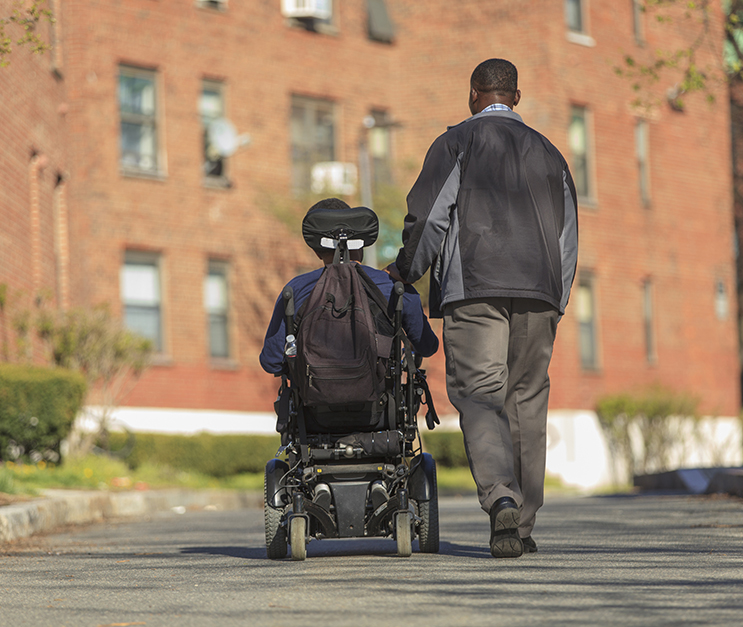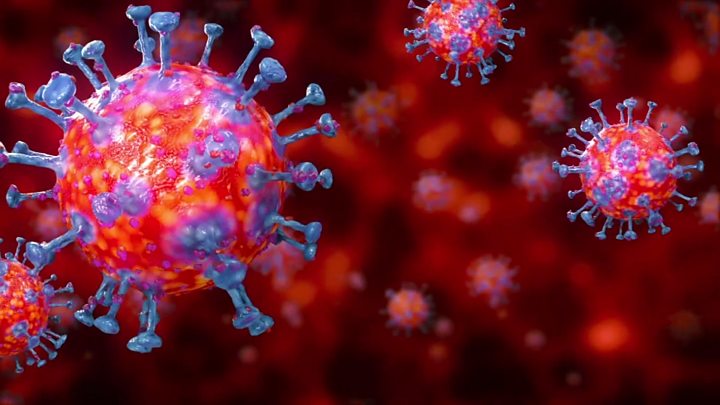The first reason why the Fathering Autism channel gets so much hate is their belief in ABA therapy in helping Abbie learn new skills. A lot of autistic self advocates are against ABA therapy claiming it is abusive and is based on compliance training. However from watching this channel, it is apparent that Abbie's ABA therapist doesn't utilize the methods that traditional Lovass style therapists used back in the day. Her therapist, Brandy, comes into Abbie's house and work with her learning life skills (e.g. putting groceries away, setting the table) and she gets to choose what tasks she wants to work on. Sometimes Brandy and Abbie do community outings such as going to the Post office or stores like Target to get her use to going out in public. In fact, Asa addresses the concerns of ABA therapy in this video that was made back in January.
When I was a teenager, I received therapy similar to the style that Abbie has. My therapist came to the house and she worked with me on self advocacy skills and emotional regulation. We would do community outings like going to the mall, the grocery store or go volunteering. There was nothing coercive about the therapy I received as I was allowed to ask for a break when I needed it. My behaviorist never suppressed my stims as she recognized the function of it. I can attest that if I did not work with a behaviorist, I would not have the coping and social skills to manage to get through college or even hold a full time job. However, before I started working with that particular therapist, I did work with an ABA agency at school who insisted that I have an IEP goal to stop jumping up and down without recognizing the sensory need behind it. Luckily my mom recognized the harm and asked to have that particular agency to stop working with me. The difference between the two styles of ABA therapy I received shows how the therapy can vary and that not all practitioners use the same method. Asa even addresses this in his video with Abbie's therapist. ABA and other interventions can be very beneficial if it is used to teach the person on the spectrum new skills versus trying to make them appear more "typical." If it wasn't for ABA, Abbie would not be able to have the same opportunity to experience the world like her typical brother. The Maases' are able to go out as a family because Abbie for the most part is able to manage being out in public. Autistic people of all abilities need interventions and support to grow and reach their full potential.

For those that believe that the Maass family are one of those "autism parents" who are not open to hearing the insights of autistic people and are just exploiting their daughter for views. I want to address how Asa attempts to understand their own daughter by consulting with other autistics such as Jen Msumba and Dan of the Aspie World . By doing these videos, both Priscilla and Asa recognize the value of self advocates in trying to understand why Abbie does certain things. As a result of interviewing Jen, Asa says that he has changed the way he vlogs by turning off the camera when Abbie is in the middle of a meltdown saying that he doesn't want his daughter's worst moments portrayed on camera. Unlike the typical autism parent who usually dismisses the views of other autistics by stating that they are not "like their child," the Maases recognize the similarities (as well as the differences) between Abbie and other self advocates with less intensive support needs. The autistic woman whose channel I referenced at the beginning of this post was totally off base in her accusations of Fathering autism by overlooking the good things this channel has done in educating the wider world on autism.
Another instance I know of in which this popular autism YouTube channel gets a lot of backlash from self advocates is the discussion Abbie's struggles with specific hygiene tasks. A specific example of this is in regards to the potty training video Asa puts up and discusses in detail Abbie's toileting routine. Self advocates point out that the discussion of Abbie's potty training issues on a public platform like Youtube is dismissing her humanity and right to privacy regarding those matters. As an autistic person, I can understand this perspective as I would be humiliated if my mom started a Youtube channel documenting my early potty training struggles as well as showing footage of me sitting on the toilet. A person's toileting issues such as incontinence as well as needing assistance with those things is a delicate matter that should be treated with respect and dignity. Just because someone has a disability like autism and can't give consent easily, doesn't mean we should not respect their privacy.
On the flip side I can understand Asa and his intention of making such a video. I can see how it can be educational to someone who is not familiar with the challenges autistic people face in learning crucial life skills like using the bathroom that most people take for granted. A lot of people are curious about these types of issues or are looking for tips to use on their own child. By watching their videos , I really believe that Asa made that video as a tool for education and not to intentionally embarrass Abbie or put her in an awkward situation. However, I can see how other people can see it as exploitation or not respecting Abbie's right to privacy. But as I referenced earlier, Asa changed the way he formats his vlogs by not filming Abbie in vulnerable situations (e.g. the bathroom) as a result of talking to Jen.
The Fathering Autism situation leads me to the next point in this blog on the intense and deep division between self advocates and parents. On one extreme you have autism parents who believe autism as a disease that needs to be cured. They dismiss autistic self advocates with lesser support needs of not knowing what "real autism" is. Some parent advocates will go so far as to question the legitimacy of the self advocate's autism diagnosis and are also dismissive of the actual and legitimate support needs of these individuals. On the other side, you have autistics who are against all types of therapy and interventions and see autism as a "difference" rather than a disability. They feel that parents are hogging the autism spotlight and believe that any parent that advocates on behalf of their child assumes they don't have their child's best interest at heart. I have heard of some instances of autistic runned Facebook groups shutting people out if they disagree with some of their viewpoints . Others will simply refuse to listen to the viewpoints of any neurotypical in regards to autism. As an autistic self advocate who is passionate of making the world a better place for those on the spectrum, I feel these extreme approaches to advocacy employed by both groups is harmful to the greater autism community. It doesn't get us anywhere and it overlooks some of the similarities both groups have. Autism is a wide spectrum with so many different viewpoints which is why it's important to be open minded to hearing from different perspectives rather than tearing each other down. The extremism that exists in the autism community was apparent in the actions of the autistic woman making videos accusing every member of the Maass family of child abuse. The way this woman uses her autism diagnosis as an excuse to make slanderous claims is very despicable and makes me and other self advocates look bad. I am afraid that parents won't want to listen to us for fear that we will accuse them of child abuse. I also want to make clear to not let one bad apple turn you off from self advocates as a group. Autistic people have different advocacy styles from one another and not all advocates share the same opinions. This is why I stay away from advocacy groups that take extreme all or nothing approaches. I like to be part of groups in which self advocates and parents work together in unity.
The reason why I watched FatheringAutism in the first place was because I wanted to learn more about someone living with severe autism and the challenges they have to go through. I have no experience of what it's like to live as a nonspeaking person with autism where it is hard to express complex thoughts as well as needing every task broken down into simple steps. What I love about Asa and Priscilla as parents is that they continue to push Abbie to become independent so she can have the best life possible as an adult. Unlike a lot of other parents of children with autism with high support needs, they don't paint Abbie's life as tragic and don't sulk at all the things she can't do. They continue to persevere even when things get tough. I've learned a lot about the challenges that people who are severely impacted by autism and what their families have to go through. I also realize some of the similarities I share with Abbie in regards to sensory issues, anxiety as well as being a female with autism. I also feel that Asa and Priscilla are good parents and I don't look down on them for using ABA on their daughter. It also makes me happy that Abbie is now able to enjoy going out into public places as a result of ABA and not be stuck secluded at home. Her world gets bigger and people get more comfortable with Abbie the more she goes out into her community. To discount those theraputic gains I feel is robbing Abbie of an opportunity to take part in the world. I also love that Asa uses his channel's reach and fan base to promote some Autistic runned Youtube channels like Rebranding Autism. He uses his position as an autism parent to help close the disconnect between self advocates and parents. The message that Asa tries to promote through FatheringAutism is so important for people to hear.

